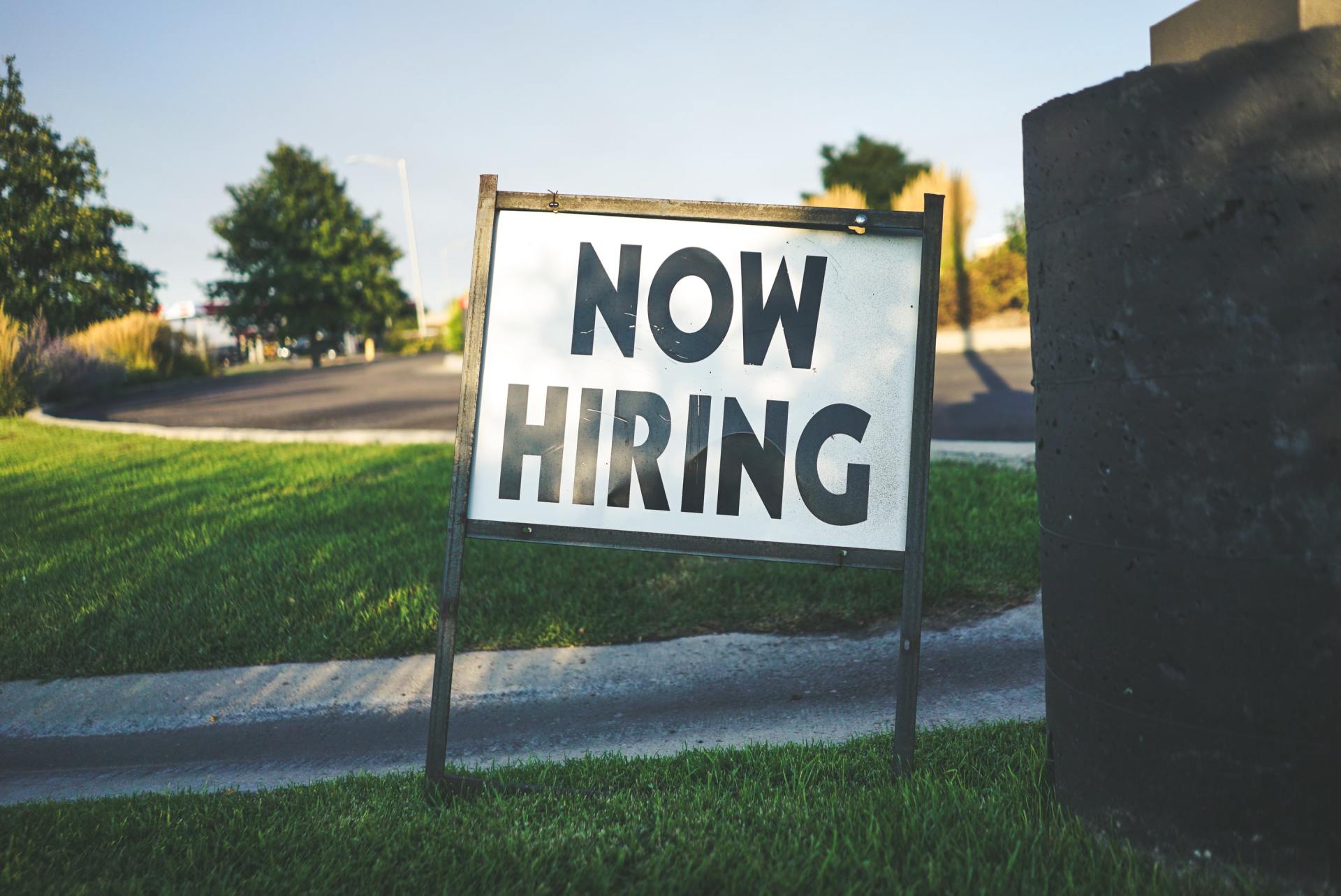
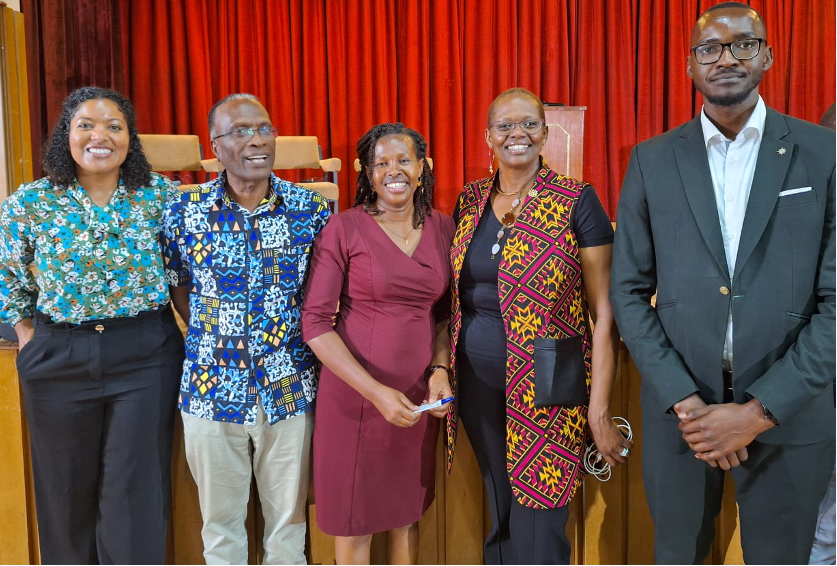
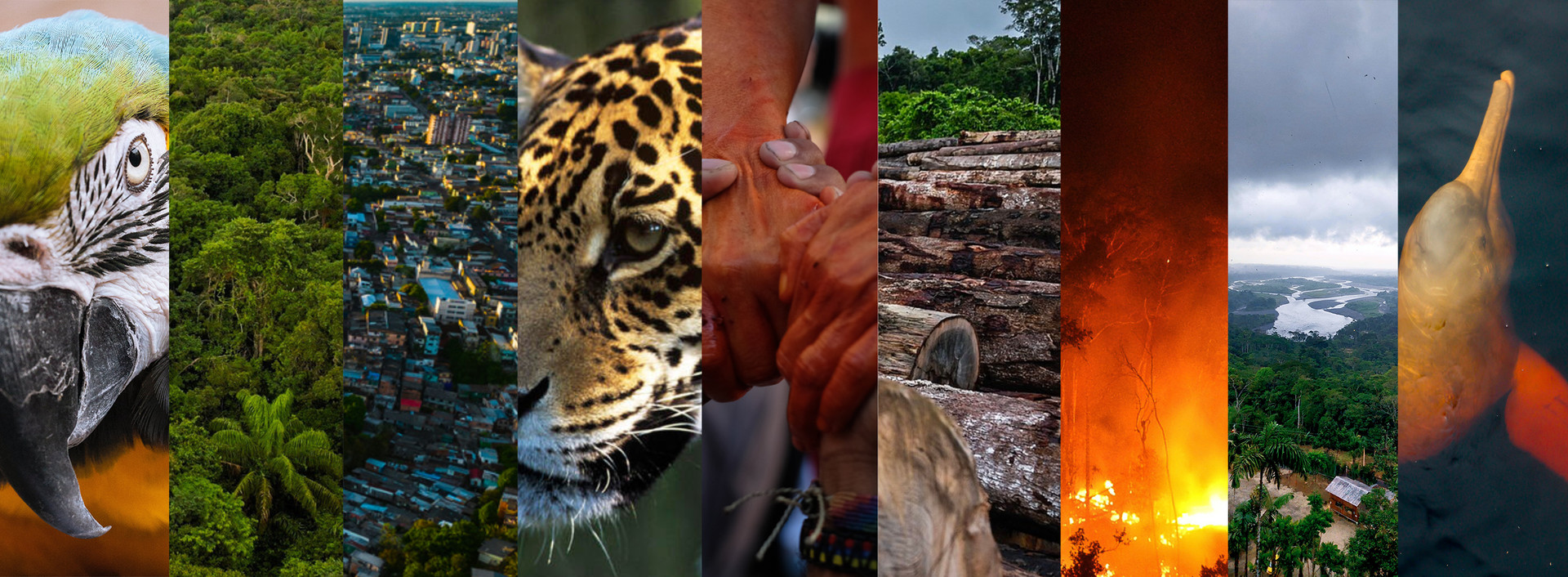
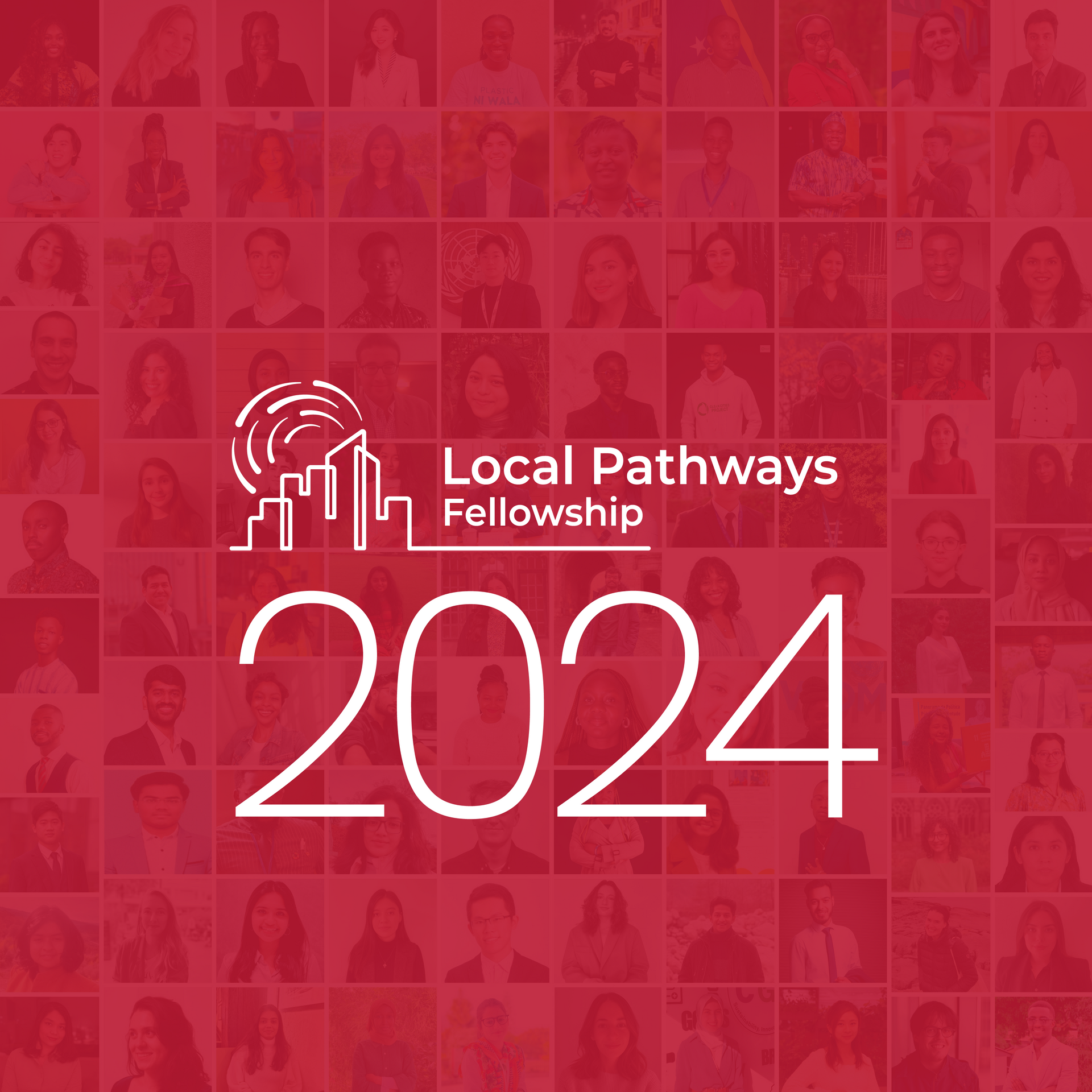
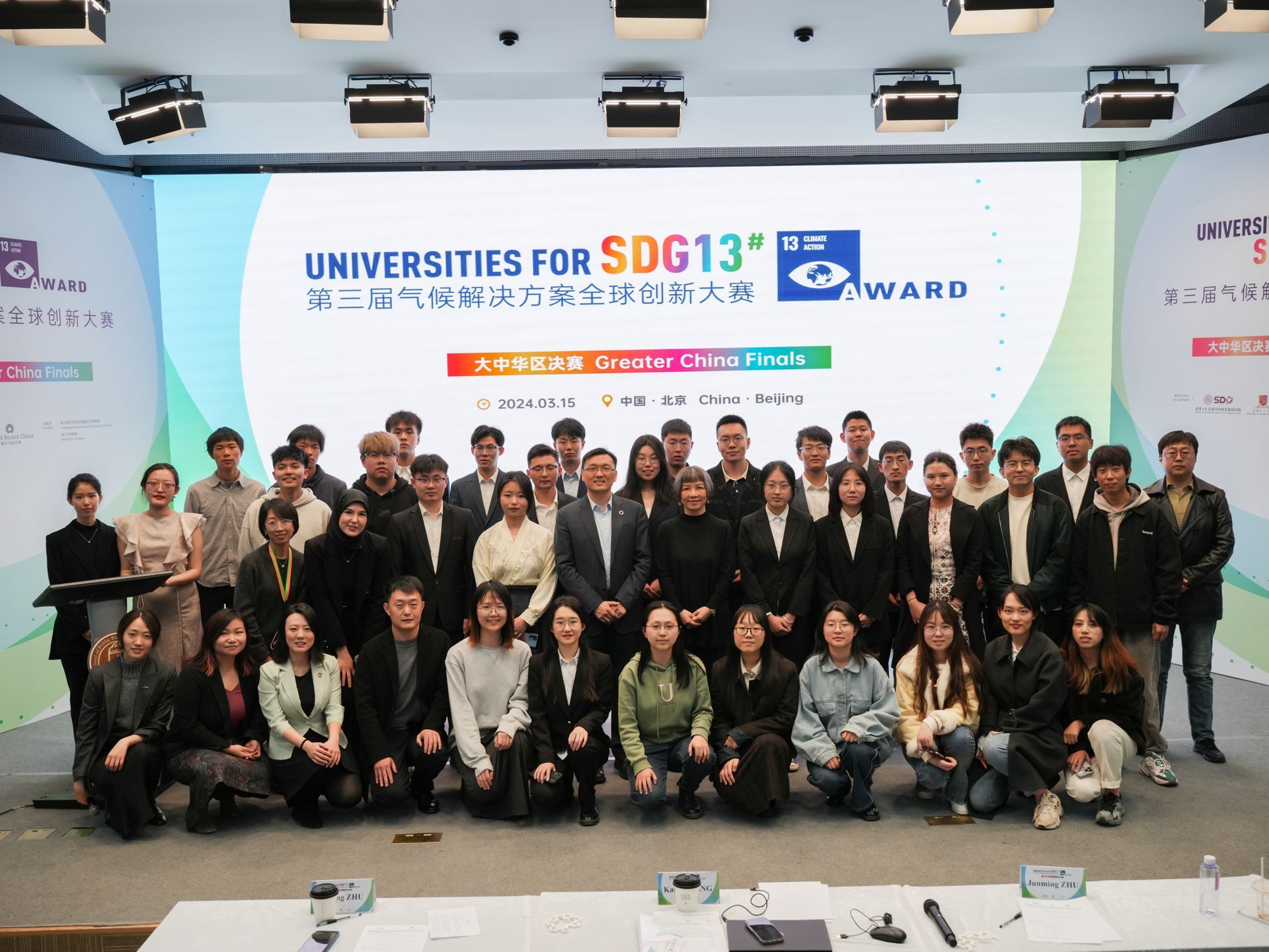
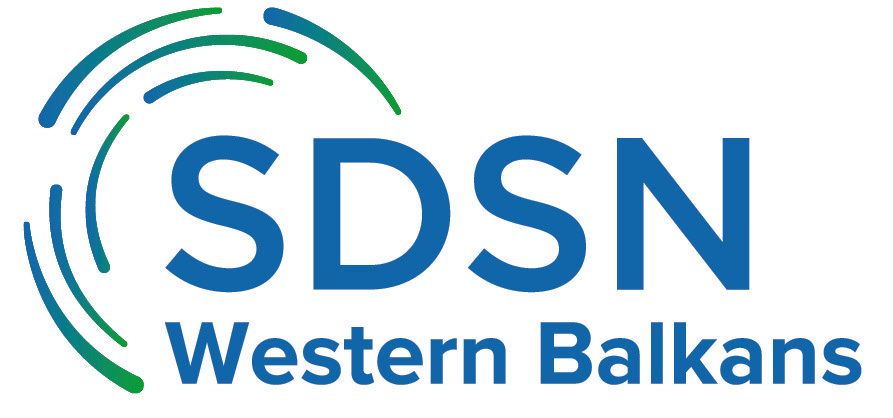
SDSN Western Balkans (WB) recently held its official launch event on Mar 3, 2022. The network was officially established in November 2021 with the appointment of the Sarajevo Institute of Economics
and the Shared Society and Values Foundation
as co-host institutions by the SDSN.
The meeting featured Professors Jeffrey Sachs and Phoebe Koundouri, world-renowned economists and global leaders in sustainable development; the co-chairs of SDSN WB, Professors Zlatko Lagumdžija and Jasmina Selimović; and some of the region’s most prominent experts and pioneers in the field of sustainable development. Participants from government, NGOs, and the private sector shared their perspectives on various challenges faced by the countries of the region in advancing towards a more prosperous, sustainable future.
“Sustainable Development Solutions Network (SDSN) is an initiative of the UN for the achievement of the 17 SDGs adopted in 2015. By mobilizing higher education institutions and engaging with the actors from the public and private sectors, SDSN Western Balkans will aim to support their achievement.”
Prof. Jasmina Selimovic, Dean of the School of Economics and Business, University of Sarajevo and co-chair of SDSN WB

“By establishing a Sustainable Development Network for the Western Balkans, we want to focus on the Agenda 2030 as a new narrative for the Western Balkans. SDSN WB will contribute to the fulfillment of the SDGs and will support the transformation of the region in line with the European and Western Balkan Green Deal. Constant cooperation for the shared future, and not confrontation, will allow us to use the SDGs as the most adequate framework for tackling the pressing issues of climate change, economic inequality, innovation, sustainable consumption, social inclusion, peace and justice. ”
Prof. Zlatko Lagumdzija, co-chair of SDSN WB, Founder of the Shared societies and values Foundation, Member of the Madrid Club
In the coming weeks and months, the network will work on providing support to the implementation of the Agenda 2030, strengthening the capacity of all relevant institutions, and improving the framework that governments and relevant stakeholders can use to make progress towards the SDGs.
“Western Balkans are joining a worldwide effort and will be fully incorporated into the problem-solving mission that the SDSN represents. What SDSN undertakes is conceptualizing how to proceed, strengthening of education programs, strengthening of the research agenda and of civil society understanding of the issues and convening of governments”.
Prof. Jeffrey Sachs, SDSN President

According to the 2021 Europe Sustainable Development Report (ESDR), the EU candidate countries, as well as Bosnia and Herzegovina, perform well below the EU average SDG score, although they were making progress before the pandemic hit. Countries of the region have an average score in 2020 of just above 55%, driven notably by poorer performance on socio-economic goals (SDG 1 and SDGs 3 to 9) and on SDG 16 (Justice, peace and strong institutions). SDSN’s results suggest that some convergence has occurred over the past decade, with European regions and countries that started at lower SDG Index scores progressing faster than those at higher scores. However, the pace of convergence remains slow. At the present growth rates, candidate countries would not attain scores currently held by Northern Europe for another 52 years. Southern Europe would reach this level in 18 years, while Central and Eastern Europe would reach it in 17 years.

SDSN’s findings suggest that SDG 9 (Industry, innovation and infrastructure) is the goal with the broadest spread in performance across European countries, with many performing very well (scoring 'green' on the dashboard) but also many performing very poorly ('red' on the dashboard). Education and innovation capacities must therefore be strengthened to accelerate the convergence in living standards across EU member states as well as in candidate countries. The SDGs provide a useful framework for constructive dialogue and exchanges between the EU and candidate countries in the Western Balkans.
Press release of the 2021 ESDR is also available in the Bosnian language.
Since its inception in 2012, SDSN has grown into a worldwide effort with more than 1600 member knowledge-generating institutions around the world, engaged with 140 countries. The creation of SDSN Western Balkans is a major step forward for SDSN, as the network will, like its peer networks around the world, take responsibility for promoting the SDGs, and the role of universities, think tanks and NGOs in the process of achieving them.
SDSN Western Balkans is co-hosted by the Sarajevo Institute of Economics at the University of Sarajevo School of Economics and Business and the Shared Society and Values Foundation. SDSN currently has 14 member organizations in the region and is looking forward to welcoming many more in the coming months. Membership in SDSN is free and open to knowledge-generating institutions that advance the SDGs. Institutions conduct research, analyses, and/or data collection, and can be universities, research institutions, foundations, or civil society groups.
You can find more information about SDSN Western Balkans and how to apply for membership on the SDSN website .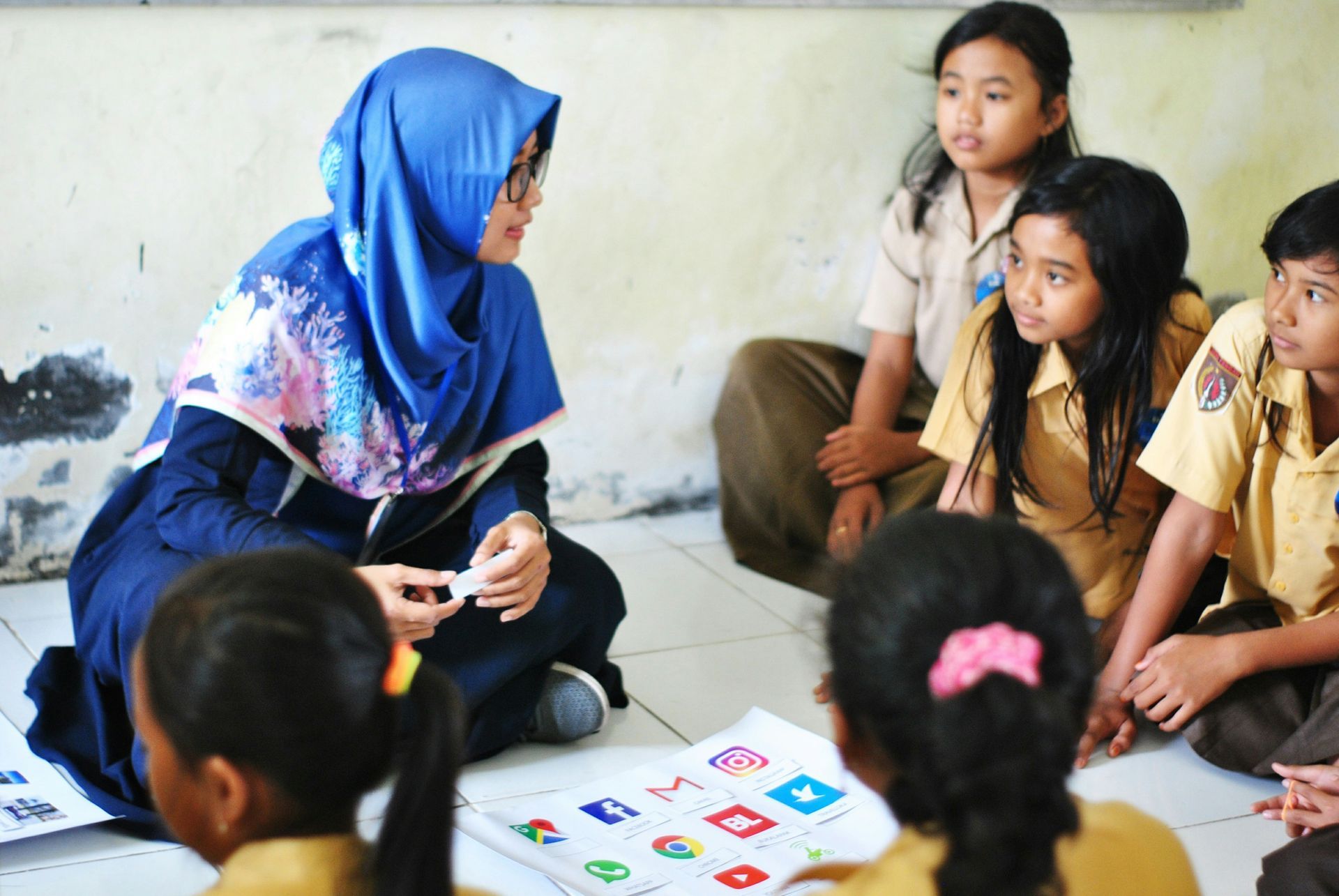





Get our latest insights, opportunities to engage with our networks, and more.
SDSN mobilizes global scientific and technological expertise to promote practical solutions for sustainable development, including the implementation of the Sustainable Development Goals (SDGs) and the Paris Climate Agreement.
Paris
19 rue Bergère
75009 Paris
France
+33 (0) 1 84 86 06 60
New York
475 Riverside Drive
Suite 530
New York NY 10115 USA
+1 (212) 870-3920
Kuala Lumpur
Sunway University
Sunway City Kuala Lumpur
5 Jalan Universiti
Selangor 47500
Malaysia
+60 (3) 7491-8622